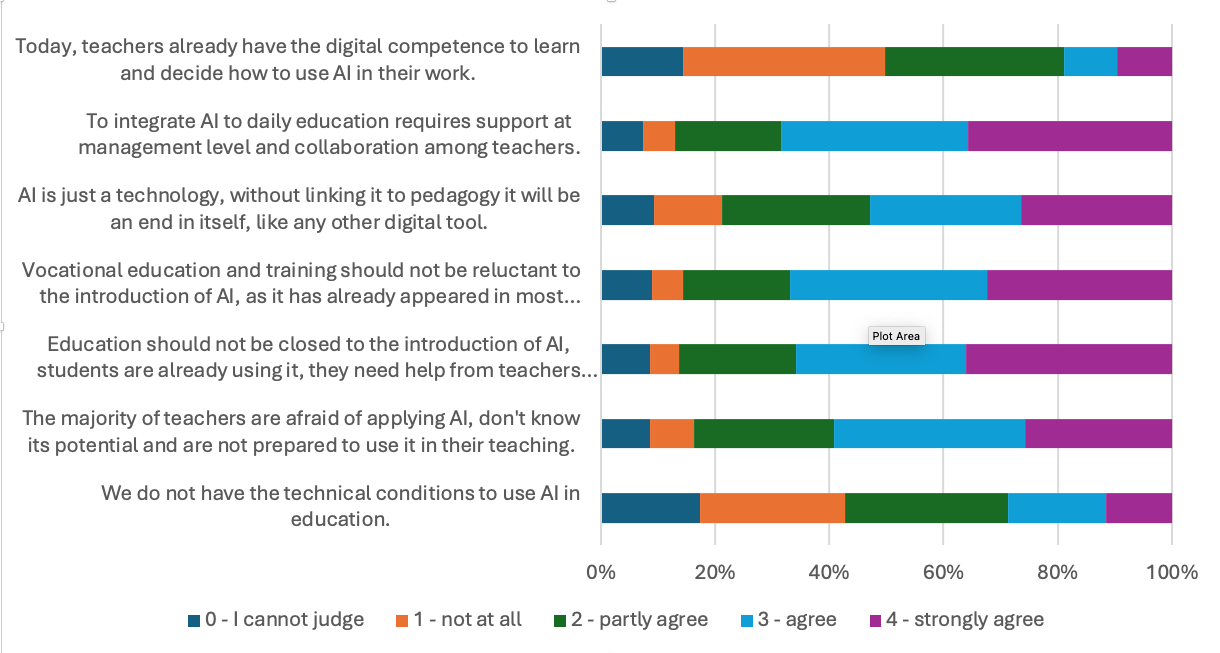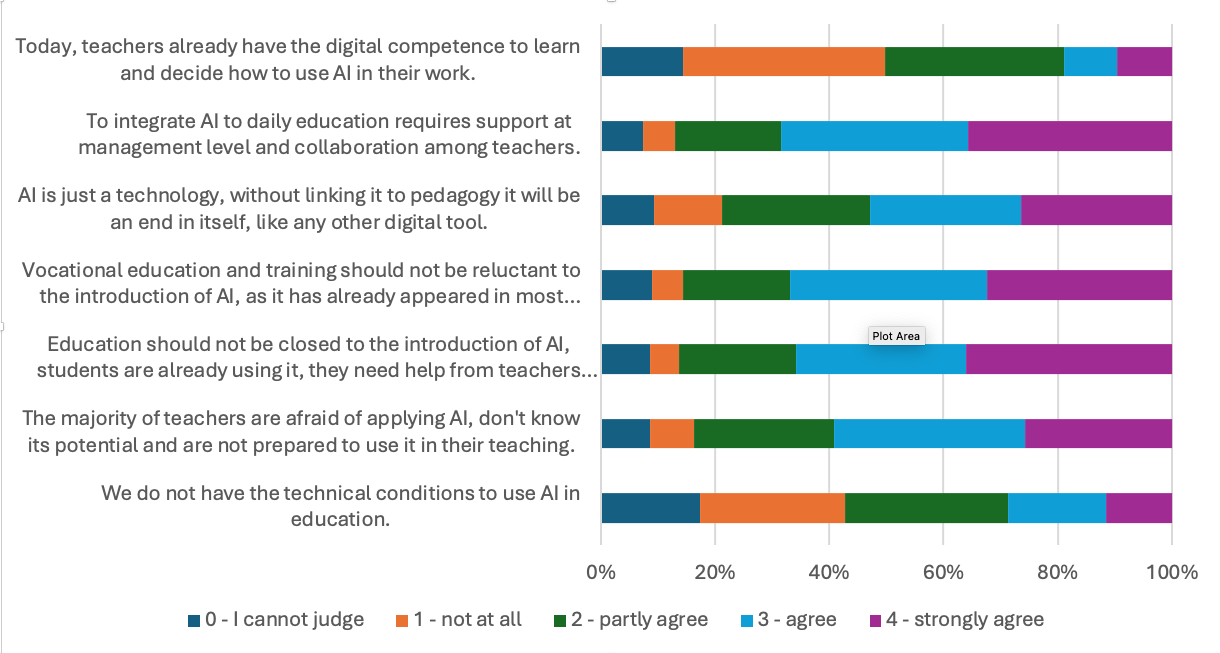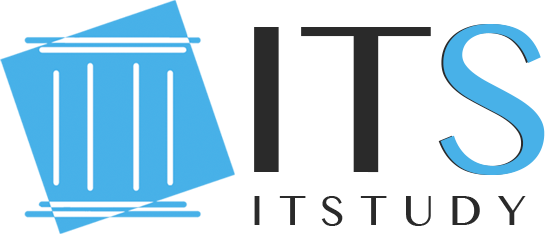
Agriteach 4.0: Connecting VET Teachers to Agriculture 4.0
The rapid pace of technological development and the ever-changing economic and social environment require constant adaptation by those involved in vocational training and the labour market. In agriculture, mobile phones, smart devices, sensors, knowledge networks - and digital tools and technology in general (farm management systems, GIS applications, robotics and automation, monitoring systems, etc.) — are also becoming increasingly widespread.
This will also bring with it the emergence of new specialisations and new jobs. We no longer need just agricultural engineers or IT specialists, but a combination of the two. Agricultural education must respond quickly to this.
In addition, learner-centred approaches to education and the use of digital skills and tools in the agricultural sector can motivate and attract more young people into agriculture.
The Agriteach 4.0 project, in which we participated as a partner, aimed to help in this.
The project integrates the networked learning methodology of the previous successful Leonardo project (Tenegen) with a variety of innovative learner-centred methods such as the creative classroom and the flipped classroom.
The aim of the project was to create a free, online, collaborative, networked training course. The training is now available to anyone as a free e-learning course and downloadable book.
Project information
- Website: https://www.agriteach.hu/
- ID: 2017-1-HU01-KA202-035964
- Target groups: vocational teachers in agriculture
- Beneficiaries: vocational students, farmers, advisors
- Partner countries (and institutions): Hungary (Galamb József Mezőgazdasági Technikum és Szakképző Iskola – coordinator; iTStudy Hungary Számítástechnikai Oktató- és Kutatóközpont Kft.; GAK Oktató, Kutató és Innovációs Nonprofit Közhasznú Kft.), United Kingdom (CAPDM Limited), Macedonia (Foundation Agro-Centre for Education; AgFutura Technologies), Czech Republic (Wirelessinfo)
- Start: 01. 09. 2017.
- Duration: 24 months

Project news
The project starts in September of 2025. We share here the results of our preliminary research in 2024 aimed to get clear evidence, that there is a strong need for guiding vocational teachers to understand the basic concepts of artificial intelligence and to equip them with the knowledge and skills to effectively integrate artificial intelligence (AI) into their teaching.
As part of the proposal development process, the project partnership conducted an online survey to assess vocational teachers' readiness, attitudes, and needs related to the integration of Artificial Intelligence (AI) in education.
Survey period: 17–23 July 2024 Platform: EU Survey portal Sample size: 269 valid responses Countries represented: Hungary (29.89%), Italy (35.06%), Spain (21.77%), Lithuania (12.18%) Gender distribution: 56.83% female, 42.44% male Educational background: 68.27% held a master’s degree (MSc), but only 9.96% had vocational qualifications Teaching experience: 73% had over 11 years of experience |
The primary objective of the survey was to validate the following preliminary assumptions:
Vocational teachers often face uncertainty and hold misconceptions about AI.
Teachers acknowledge the increasing importance of AI in the labor market and recognize the need to adapt accordingly.
Although students are already engaging with AI technologies, many teachers feel unprepared to incorporate them into their teaching practices.
Educators show a willingness to adopt AI in the classroom but require targeted professional development to do so effectively.

MAIN CONCLUSIONS
Teachers expressed both optimism and caution regarding AI’s role in education. While 43% agreed that AI is essential for the labor market, over 50% believed that most teachers are not yet prepared to integrate AI into their classrooms. Furthermore, teachers stressed that effective AI integration requires managerial support and teacher collaboration.
The survey results clearly justify the relevance of the project’s aims, confirming that vocational teachers need targeted support to understand and apply AI in their teaching and that there is strong interest in student-centered, AI-integrated methodologies aligned with labor market demands.
More details in the document: Secondary School Teachers' Attitudes Toward AI Integration in Teaching - Survey across four European countries.
Information: maria.hartyanyi@itstudy.hu
